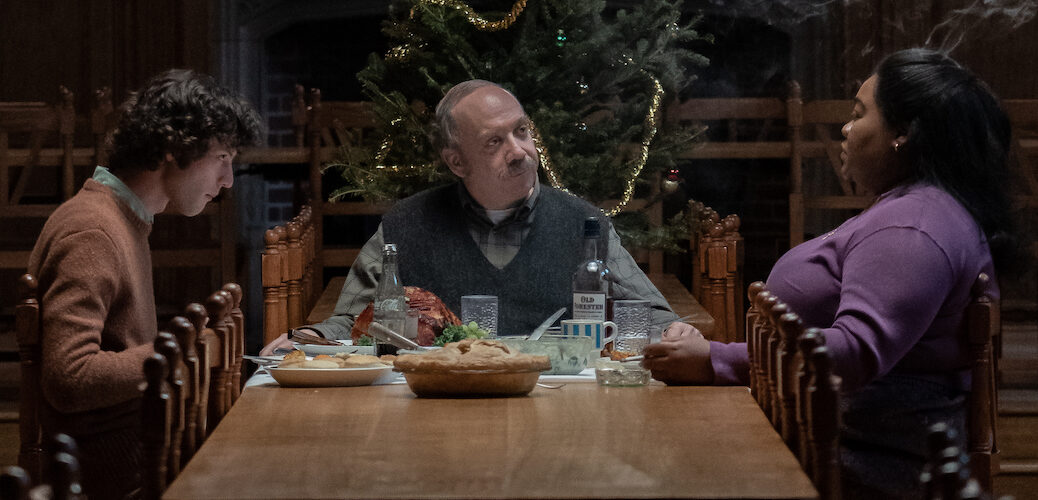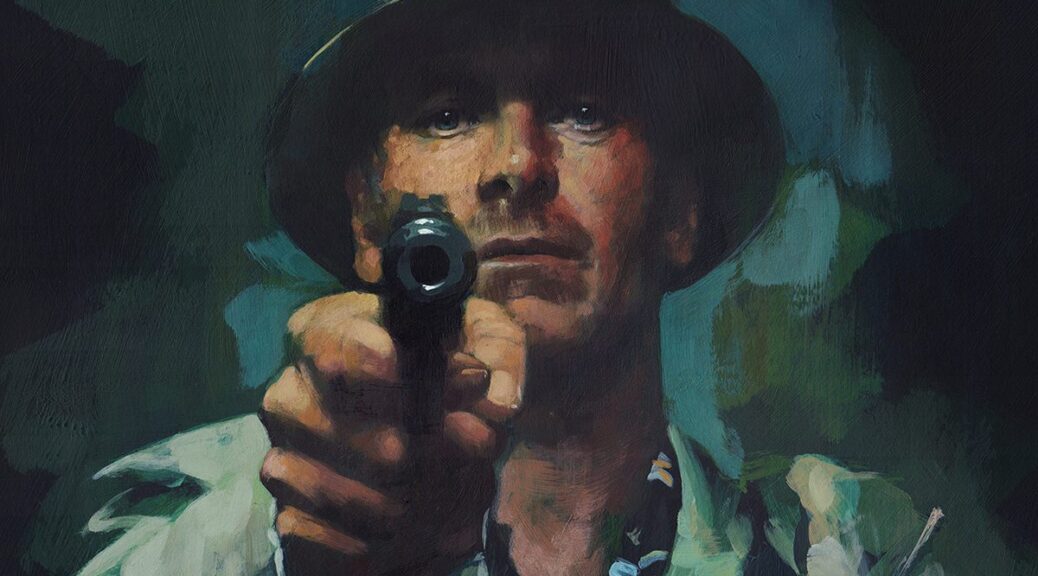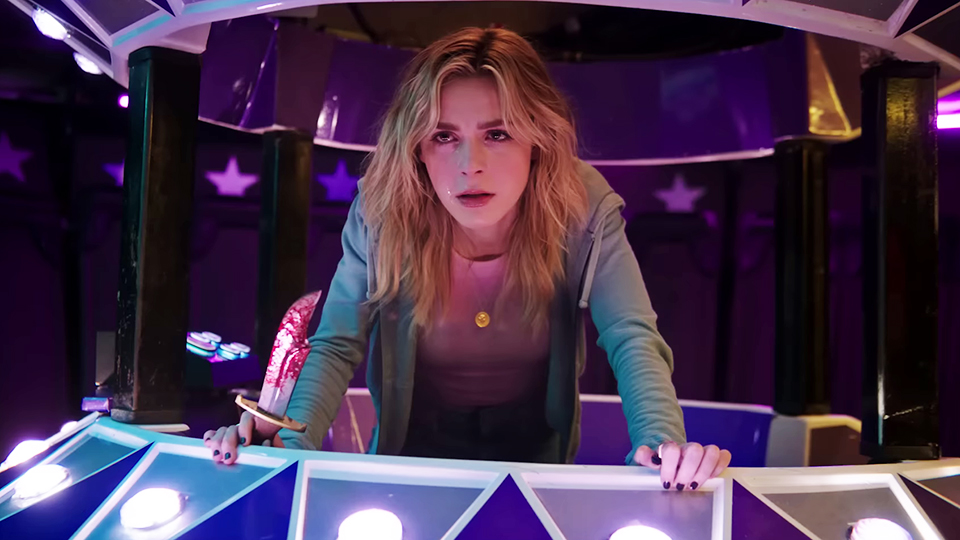The Marvels
by George Wolf
With some misguided storytelling and off-screen tumult, Marvel’s post-Thanos phases have been uneven, to say the least. Recent rumors even have the studio willing to pony up whatever it takes for a re-assembling of the core Avengers.
Nią DaCosta’s The Marvels gets the MCU back on some steady ground, layering characters, tones and multi-verses for a fast and fun trip to the stars.
Intergalactic trouble starts when Cree warrior Dar-Benn (Zawe Ashton) uncovers a “Quantum Band” buried on planet MB-418. Her meddling causes a power surge in the universe jump points. It’s enough to get the attention of both Nick Fury (Samuel L. Jackson) and Carol Danvers/Captain Marvel (Brie Larson), but nothing compared to what Dar-Benn could do if she found the other matching Band.
So where would it be?
In Jersey City, on the arm of Kamala Khan/Ms. Marvel (scene-stealer Iman Vellani). And it isn’t long before Carol, Kamala and a grown up Capt. Monica Rambeau (Teyonah Parris) come together to find that every time they use their respective “light-based” powers, they switch physical spaces.
This is going to make it difficult to battle Dar-Benn and her revenge tour, but “The Marvels” will have to figure it out.
DaCosta (Candyman, Little Woods), also co-writing with WandaVision‘s Megan McDonnel and Loki‘s Elissa Karasik, sets a funny, frisky tone from the start. The split screen panels and universe jumping tap into a hipper Spider-Man type vibe, while Ms. Marvel’s glee at working alongside her idol provides a seamless infusion of her series’ youthful charm.
There are a few rough spots, including more trouble in the Marvel visual department. Some of the wider, more expansive looks are fine, if not exactly eye-popping, but too many of practical set pieces come with a look of discount production design and thrown-together costuming.
Most of the film’s humor lands firmly, with a self-aware wink and a nod. And while our heroes’ stop at a planet that communicates only through song falls flat, the musical number starring Goose the cat becomes a laugh out loud highlight.
For real, if you liked Goose the first time, this installment will feel like catnip.
The end result creates its own crowd-pleasing jump point, one that brings Marvel’s small screen spirit to the multiplex. At 105 minutes (and that includes one mid-credits stinger) The Marvels may be the most brisk feature in the entire MCU. But compared to the bloated run times spent on Love and Thunder, Quantumania and Eternals, this less certainly feels like more.













